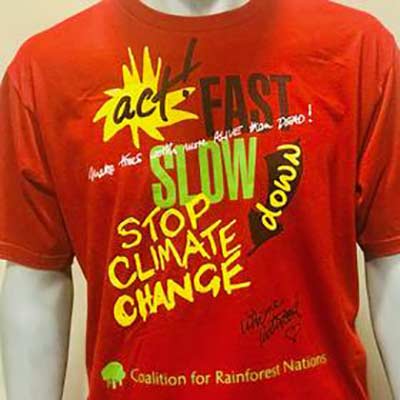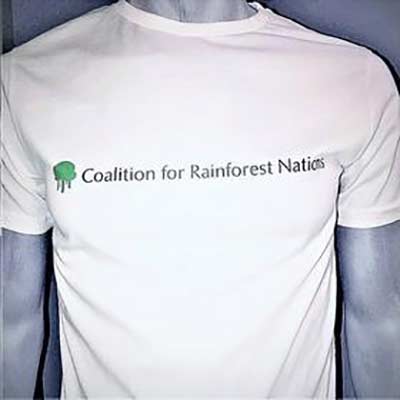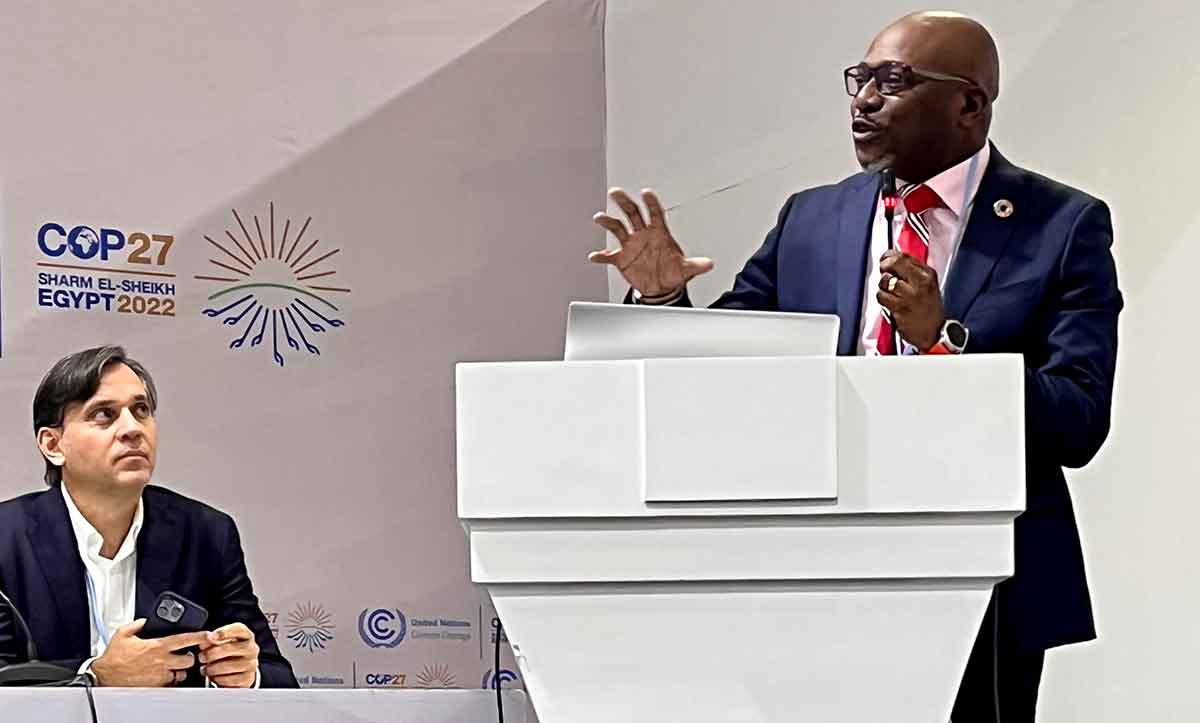
Tosi Mpanu Mpanu, a lead negotiator at COP27 for the Democratic Republic of Congo and two-time Chair of the Subsidiary Body for Scientific and Technological Advice
COP27 UNFCCC Side Event: REDD+ Finance & Partnerships
At COP 27 on November 15, the Coalition for Rainforest Nations (CfRN) hosted an official event. It showcased climate science, ministers from rainforest nations with UNFCCC REDD+ sovereign credits, and a new financial partnership. CfRN chose COP27 to spotlight the fact that UNFCCC REDD+ is the most rigorous and international standard anywhere. Importantly, COP27 is the first time CfRN has featured its alliances with a growing number of global financial firms such as EEX, an indication that REDD+ sovereign carbon is a desirable asset that is truly market ready.
Kevin Conrad, Executive Director of CfRN, opened the session and turned the floor over to Giacomo Grassi, Senior Scientific Officer at the European Commissions’ Joint Research Center. Grassi used figures from the latest Global Carbon Budget report to show that land use change -- mostly due to tropical deforestation -- is responsible for 12% of global emissions. This is an area where REDD+ continues to succeed in reducing emissions from deforestation and forest degradation at a global scale.
Ministers Moving the Dial on Climate Change
Featured speakers included ministers and sustainability heads from Gabon, Belize, Honduras, and Papua New Guinea -- all countries which have credits available from reducing emissions through REDD+. The ministers shared their ambitions and national strategies around REDD+, stressing co-benefits of the national scale program, including biodiversity and the wellbeing of their citizens.
Lee White, Gabon’s Minister of Water, Forests, the Sea, and Environment testified to the rigor of the REDD+ standard, sharing his experience of the UNFCCC REDD+ process, which he characterized as exhaustive and requiring multiple reviews and changes. He contrasted it with the audit process by Norway, “I would say Norway’s was five times less intense, five times less thorough, than the UNFCCC audit,” White said, referring to Norway’s audit prior to paying Gabon $70 million for preserving its forests.
Orlando Habet, Minister of Sustainable Development, Climate Change, and Disaster Risk, from Belize, emphasized the importance of REDD+ to preserving biodiversity, including Belize’s huge barrier reef, which is second in size only to Australia’s. Minister Habet praised CfRN’s in-country technical training team’s support of Belize’s sovereign credit offering -- due out in the coming year.
Lucky Medina, Minister of Natural Resources and Environment from Honduras spoke next. Honduras will soon come to market with a first-time offering of nearly 8 million REDD+ sovereign credits. Minister Medina spoke of the country’s work to align its institutions toward REDD+ activities. He said 100 percent of the proceeds from sales of sovereign credits would go toward restoration and conservation of forests and creating “green jobs with dignity” for its people. Honduras hopes these jobs will help stem its emigration problems.
Ruel Yamuna, Papua New Guinea’s Special Envoy for Climate, emphasized the words of his founding Prime Minister, the late Sir Michael Somare, to the UN General Assembly, that developing countries, in particular the poorest countries, need to have their efforts to save rainforests supported internationally. Papua New Guinea was a leader in originating REDD+ and enshrining rainforests in Article 5 of the Paris Agreement. PNG has already issued 9 million sovereign credits and will soon bring an additional 70 million to market.
Echoing the disillusion expressed this year at COP27 toward the rich countries who have failed to live up to their climate finance promises, Yamuna said, “REDD+ has been executed. When it comes to rich countries, if their climate promises are continually broken, then it is only a disservice to us. We will continue to do the hard work to reduce deforestation levels. But the incentives need to be there to continue to help our indigenous communities, our vulnerable groups, and of course, strike a balance between being stewards of the environment and economic development.”
Tosi Mpanu Mpanu, a lead negotiator at COP27 for the Democratic Republic of Congo and two-time Chair of the Subsidiary Body for Scientific and Technological Advice – which carries out methodological work under the Convention, the Kyoto Protocol, and the Paris Agreement, and promotes collaboration in the field of research and systematic observation of the climate system – spoke next.
“I’m very fond of science,” he said. “When we look at what science tells us, it tells us we need nature-based solutions to reach 1.5 degrees.” Mr. Mpanu advised countries in the room that might be thinking of undertaking the REDD+ submission process there was no need to be intimidated, despite its technical rigor. CfRN is “there to help you,” he said, referring to CfRN’s combination of technical experts on greenhouse gas inventories and financial experts as, a ‘dream team’ for sovereign issuance.
EEX Partnership for the REDD+ Origination Machine
REDD+ countries have more credits to offer than any other carbon standard, by orders of magnitude. The problem, to date, as Executive Director Kevin Conrad summed up, is that REDD’s success has made it too big for the voluntary markets. CfRN recently scrapped its relationship with a trading platform that claimed to be the largest for the voluntary markets because it was not getting the job done. The sovereign credit issuance of Gabon alone, Conrad elaborated, “would swamp that entire exchange.”
CfRN has been working hard to make sure the financial infrastructure is in place to monetize sovereign credits at scale. In pursuit of that goal, it has signed a letter of intent with the EEX, the carbon and commodities exchange of Deutsche Boerse, the German stock exchange. Christina Sell, Chief Sustainability Officer of Deutsche Boerse was in attendance and told the audience about EEX, which is one of the largest commodity exchanges in the world. “We are proud to be here,” she said, “because we deeply share the vision of the Coalition, and we want to make sure that this mechanism works.”
“We will continue to do the hard work to reduce deforestation levels. But the incentives need to be there to continue to help our indigenous communities, our vulnerable groups, and of course, strike a balance between being stewards of the environment and economic development,” Ruel Yamuna, Papua New Guinea’s Special Envoy for Climate
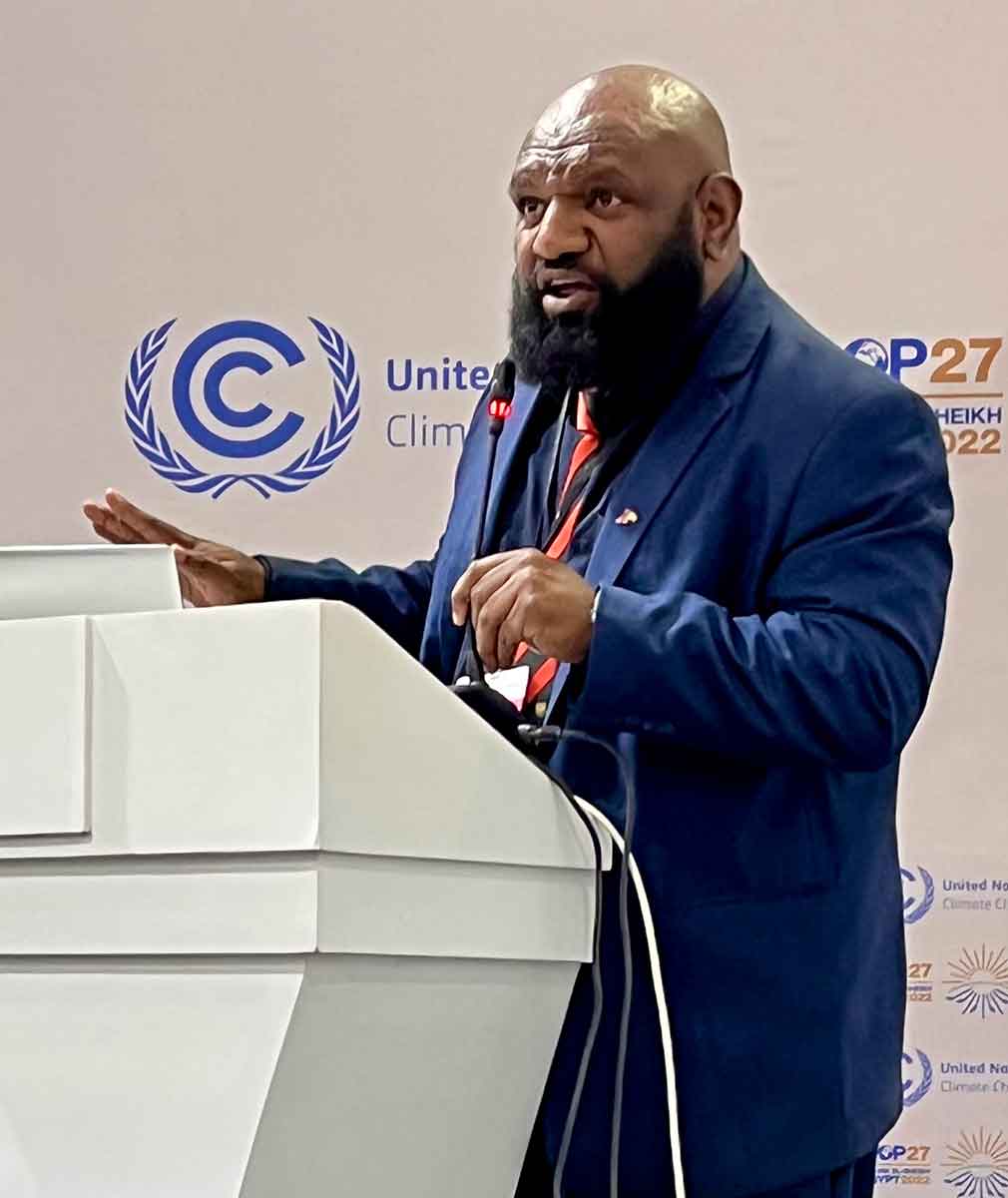
Ruel Yamuna, Papua New Guinea’s Special Envoy for Climate
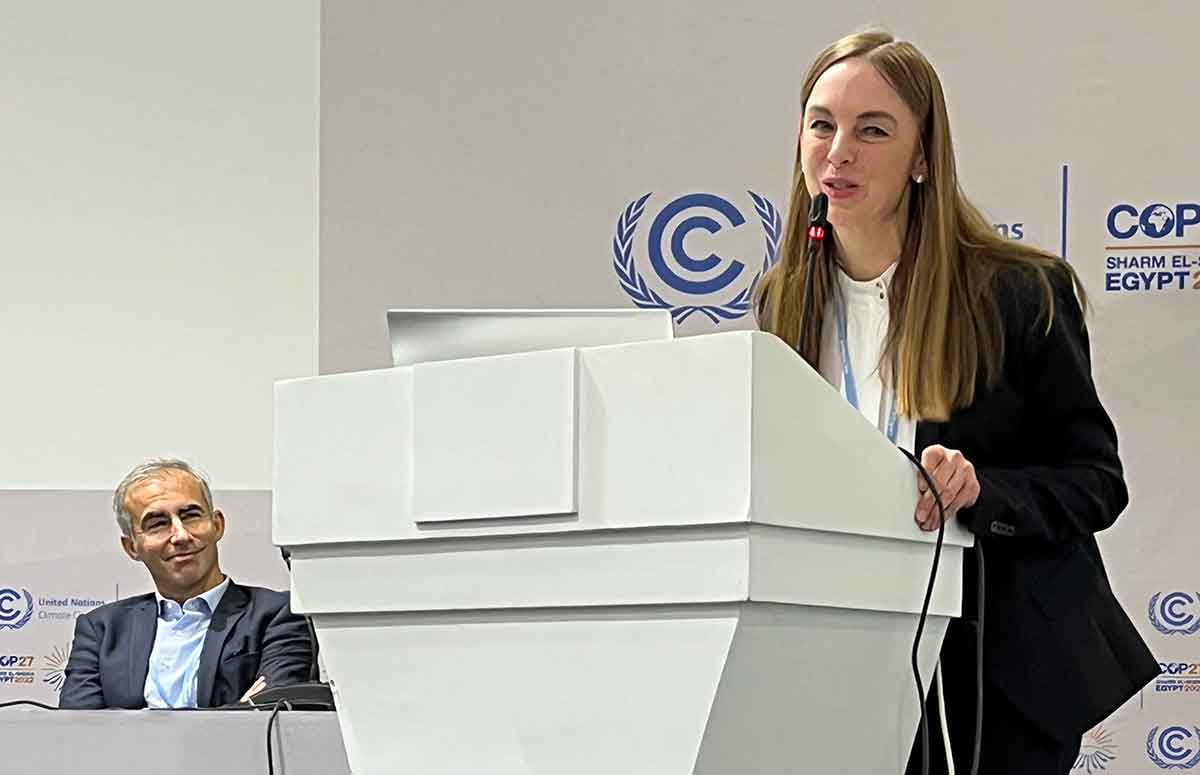
Christina Sell, Chief Sustainability Officer of Deutsche Boerse, which owns EEX
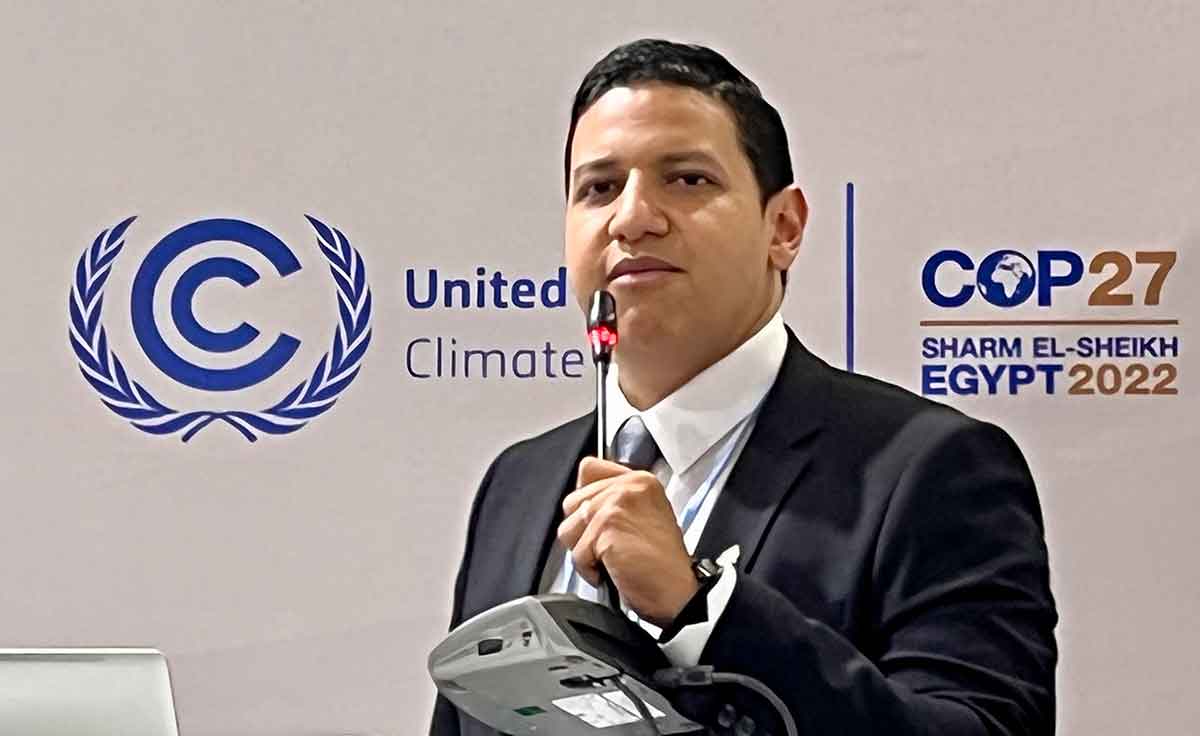
Lucky Medina, Minister for the Environment of Honduras

